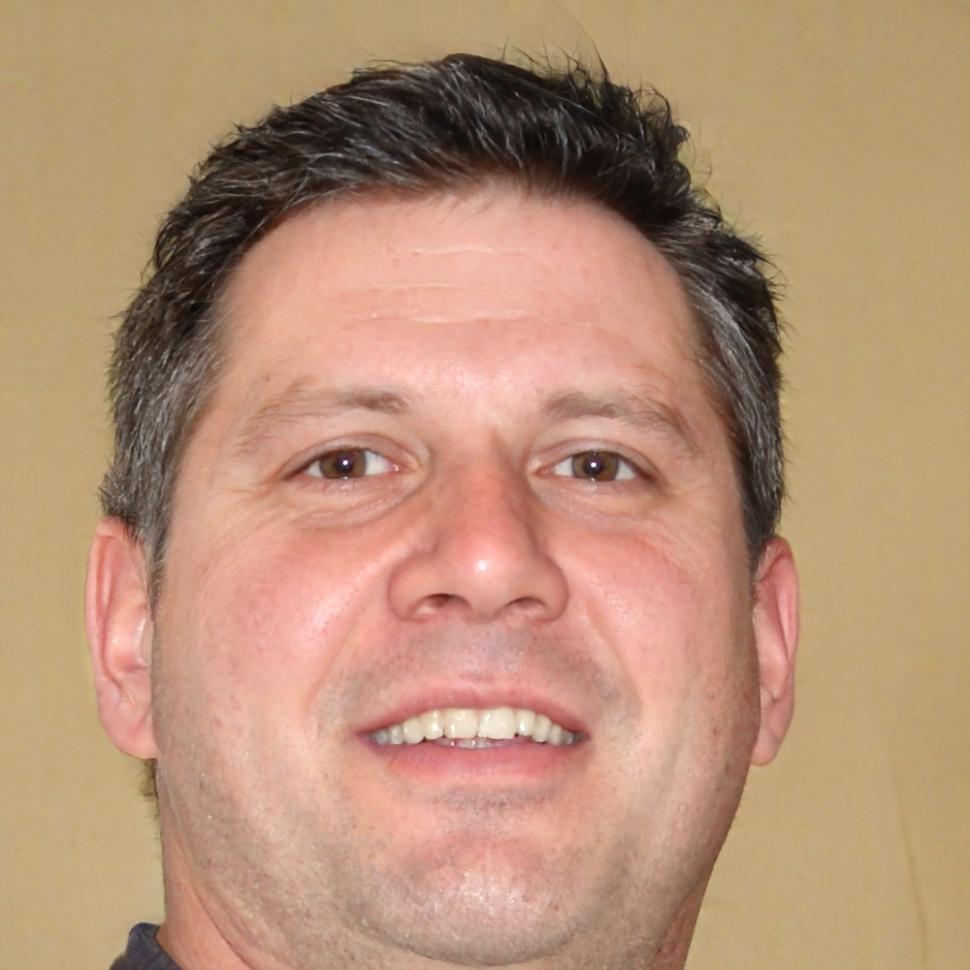Learn Financial Data Through Real Collaboration
We stopped teaching from textbooks years ago. Why? Because reading about data analysis and actually working with it alongside others are completely different experiences. Our sessions bring together small groups where you'll tackle actual financial datasets while learning from peers who see patterns you might miss.
Join Next Cohort

How Group Learning Actually Works Here
Most people walk in thinking they'll just sit through lectures. That's not what happens. You'll spend about sixty percent of your time working directly with two or three other participants on real problems.
Someone in your group might spot a trend in quarterly reports that you completely overlooked. That's the point. When Brett from our September 2024 cohort mentioned this, he said his biggest breakthrough came from a conversation during break about interpreting cash flow statements.
Our next program starts in late August 2025 and runs for fourteen weeks. We keep groups intentionally small because once you hit eight people, the dynamic changes and not everyone participates equally.
Weekly Group Sessions
Three hours every Saturday morning working through current financial scenarios with your cohort
Peer Review Practice
You'll review each other's analysis work before our instructor even looks at it
Shared Resources
Access to a collaborative workspace where past cohorts share their approaches to common challenges
Network Building
Most participants stay connected long after finishing, often consulting each other on work situations
Three Stages That Build Real Capability
We've refined this approach over five years. Each stage builds on the previous one, and you can't really skip ahead because the foundation matters.
Foundation Through Doing
First four weeks focus on core concepts, but you're applying them immediately to simplified company reports. No theory-only sessions.
- Work with actual annual reports from Australian companies
- Learn to spot what matters versus what's just noise
- Practice explaining findings to your group in plain language
Complex Analysis Practice
Weeks five through ten introduce messier scenarios. You'll encounter conflicting data, incomplete information, and situations where there's no single correct answer.
- Collaborative case studies based on real business situations
- Group presentations where you defend your interpretation
- Learn to handle disagreement constructively
Independent Project Work
Final four weeks you'll tackle an individual project while still meeting with your group for feedback and perspective.
- Choose a company or sector you're genuinely interested in
- Present findings to your cohort in week thirteen
- Receive detailed feedback from both peers and instructors

Marcus Pemberton
Lead Facilitator since 2020
Who Guides These Sessions
Marcus spent twelve years doing financial analysis before switching to teaching. He got tired of seeing new hires who could recite formulas but froze when asked to interpret what the numbers actually meant.
His approach isn't about lecturing. Most sessions start with him presenting a scenario, then stepping back while groups work through it. He'll circulate, ask questions, occasionally redirect when a group goes completely off track, but the learning happens through discussion rather than instruction.
Classes stay under sixteen people total, split into smaller working groups. Marcus brings in guest facilitators occasionally, usually former participants who now work in the field and can share current industry perspectives.
Learn More About Our Team